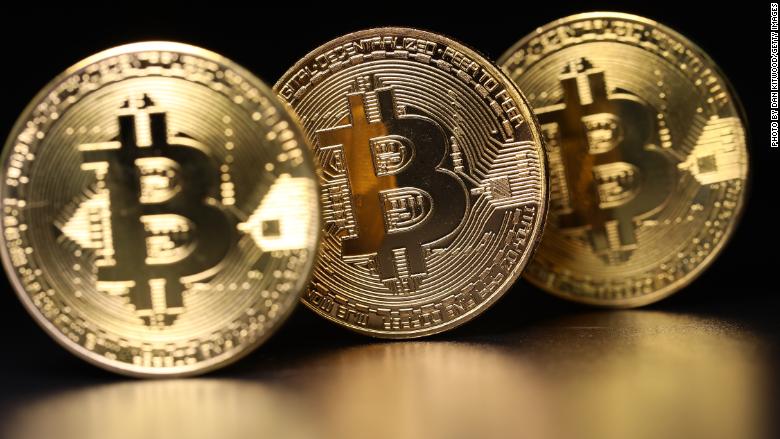Here’s What Bitcoin Must Prove Before Goldman Sachs Would Invest

Goldman Sachs thinks it may have found Bitcoin’s biggest problem: It doesn’t have one.
No, that wasn’t a trick answer. In a new missive this week, a top Goldman Sachs (gs) investment strategist explained what Bitcoin and other cryptocurrencies would need to do to justify their prices, which have recently rebounded after a sustained crash.
“We believe that the crucial question underpinning the real value of cryptocurrencies themselves, is what economic problem they actually solve?” said Allison Nathan, a senior strategist of global investment research at Goldman Sachs, in a new video released by the bank. “As a currency, cryptos can often seem like a solution in search of a problem.”
It’s a classic “if it ain’t broke, don’t fix it” argument: After all, Nathan observed, traditional fiat money and banks work just fine in the majority of the world. “There just doesn’t seem to be a need for digital currencies,” she said.
It’s only in “some corners of the world” that lack reliable banking systems and stable local currencies where “cryptos could be a viable alternative,” Nathan continued. Venezuela, for example, where high inflation has shaken confidence in the local bolivar, this week launched its own oil-backed cryptocurrency called the petro, and Bitcoin has also caught on in politically unstable places like Zimbabwe and in other underbanked African nations.
But while Goldman Sachs does acknowledge that cryptocurrencies “solve the economic problem” of keeping money outside the regular banking system—a function that also attracts criminals—this is a relatively minor opportunity.
The bigger opportunity—and critical question—lies within the major banks themselves, and in whether Bitcoin and its digital peers can disrupt and displace traditional currency and commodities on Wall Street and beyond. “When it comes to regulated markets, we believe that gold is a superior store of wealth to Bitcoin or other cryptocurrencies and a long list of hurdles remain for that to not be the case,” Nathan concluded.
Echoing another Goldman Sachs research note earlier this month, Nathan raised the possibility that some of today’s top cryptocurrencies “are likely to trade to zero” when they are replaced by “new and improved” versions—”a risk that we believe is underappreciated in the market today.”
Goldman Sachs, of course, is far from the only financial institution to doubt the potential for cryptocurrency to replace paper money or gold. Citi (c), for its part, last month threw cold water on the argument that Bitcoin is “digital gold,” as crypto enthusiasts often call it. JPMorgan Chase CEO Jamie Dimon has been similarly dismissive of Bitcoin, going so far as to call it a “fraud” (though he later said he regretted saying so publicly).
Goldman Sachs CEO Lloyd Blankfein has been more open-minded about Bitcoin’s potential, even suggesting that the natural skepticism that comes with new technologies does not necessarily doom them. “Still thinking about #Bitcoin,” Blankfein wrote on Twitter in October. “No conclusion—not endorsing/rejecting. Know that folks were skeptical when paper money displaced gold.”
In an interview last month with CNBC, however, Blankfein shut down rumors that Goldman would open a Bitcoin trading desk.
For now, it seems, Goldman Sachs itself is still far too skeptical to recommend buying Bitcoin.

